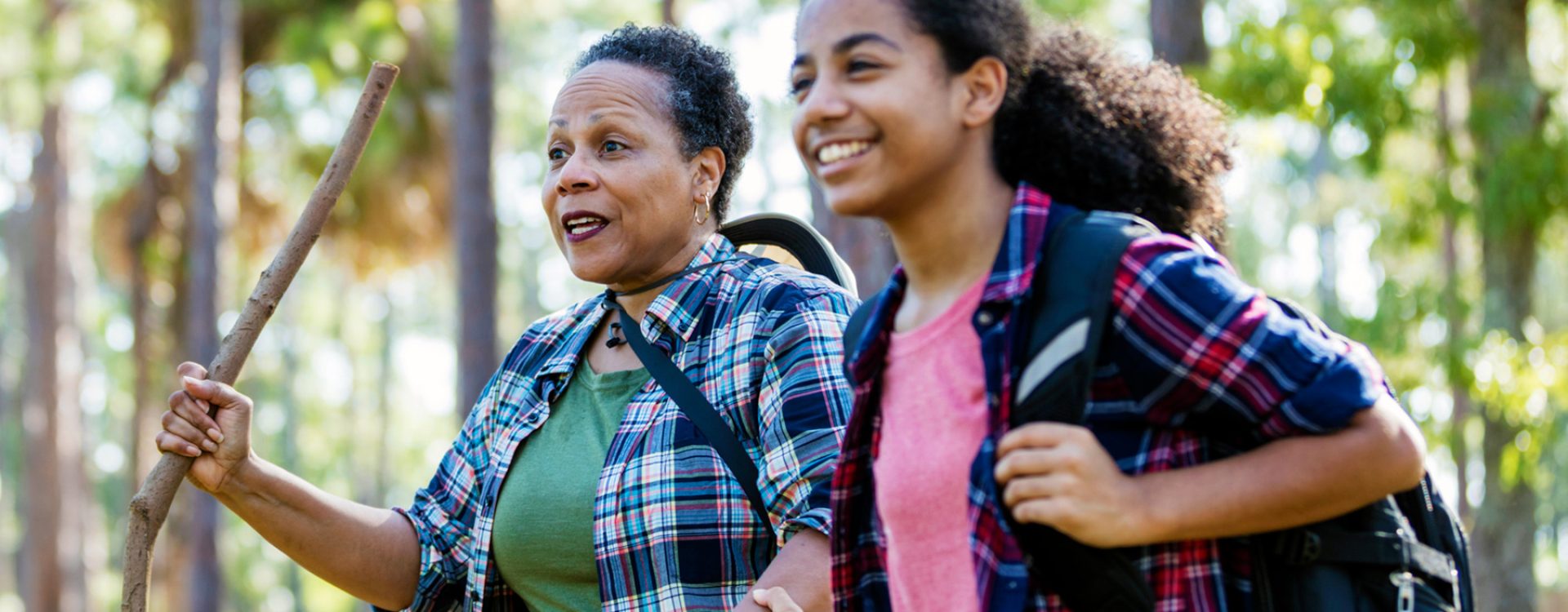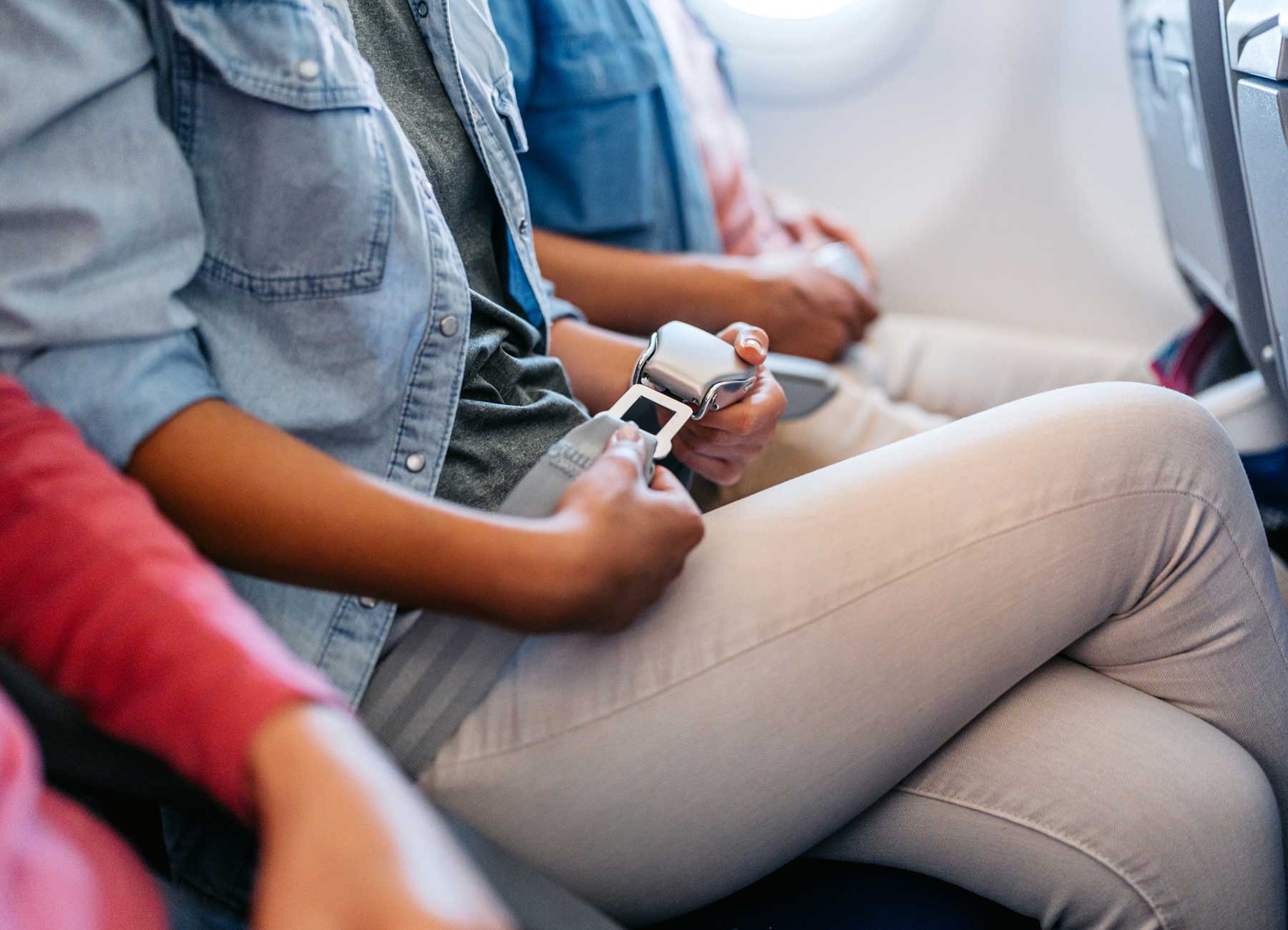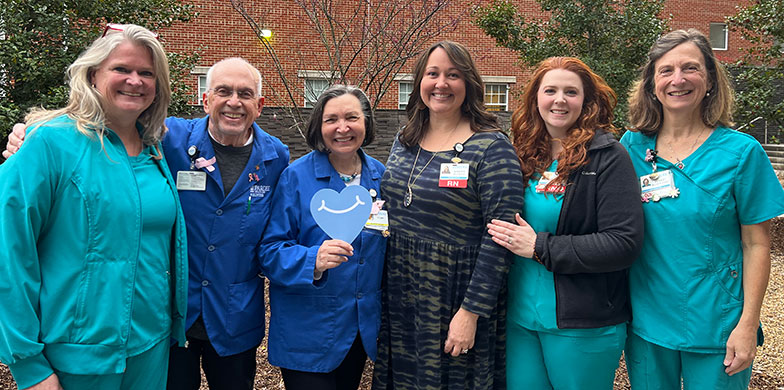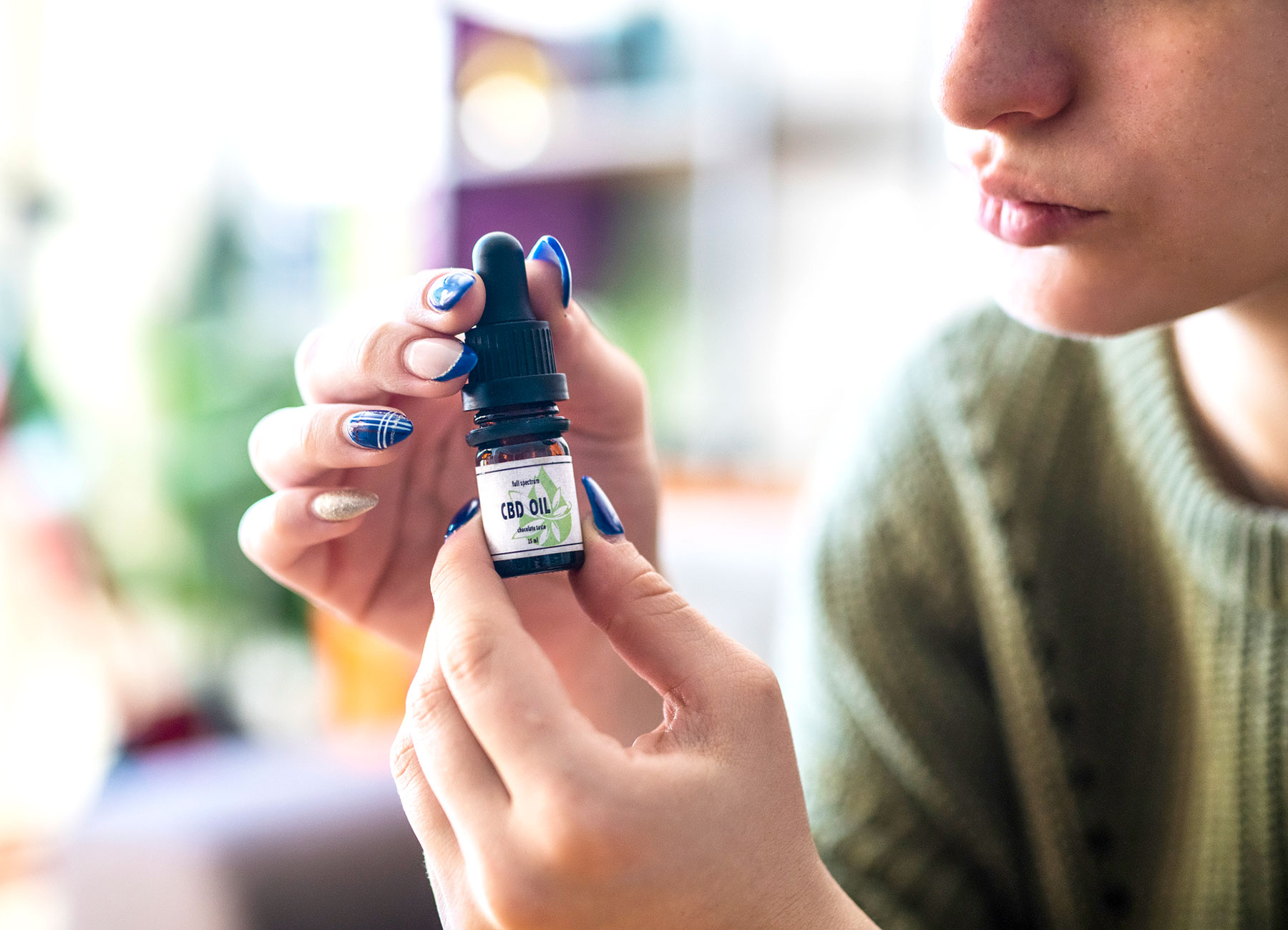Going hiking or camping can be refreshing, help you disconnect from technology and quiet your mind. As you head outdoors this summer, follow these hiking and camping safety tips to protect yourself and your loved ones.
Don’t Hike or Camp Solo
It’s safer to hike or camp with a friend or relative than to go alone. If there’s an emergency, one of you can get help.
Be sure to loop in another friend or family member who isn’t going on the trip. Let them know your itinerary and how long you’ll be gone.
Do Your Research
Choosing a state or national park can be a good option since they’re staffed by park rangers. Rangers can give you the scoop on:
- The best trail for your group
- Toxic flowers and plants to avoid
- Wildlife you may encounter
- Recent terrain changes, such as a rock slide or fallen trees
- Where to access fresh water (don’t forget your water filter or disinfectant tablets)
If you’re new to hiking, start with a shorter, easier trail to see how you acclimate, especially as you carry gear and supplies.
Know How to Navigate Your Hike
Bring along a GPS, map or compass to keep you on track during your trek. Don’t venture off marked trails.
Create an Emergency Plan When Camping or Hiking
Decide in advance what you’ll do if there’s an emergency. If the park or trail has cell phone service, bring a fully charged phone and portable charger. If there’s no service, carry a satellite phone or personal locator beacon. It can also be helpful to bring a whistle; three whistle blows are the universal signal for distress.
Know What to Bring
Here are some must-haves for a hiking trip or camping excursion:
- At least an extra day’s worth of non-perishable food, like granola bars, jerky, dried fruit, nuts and trail mix
- Water and water purification supplies, such as tablets, drops or a filter
- A first aid kit with antiseptic, adhesive and elastic wrap bandages, tweezers, and any medications you need daily or for emergencies, such as an EpiPen or insulin
- A repair kit with scissors, duct tape and a knife for on-the-go repairs
- Emergency shelter, like an emergency space blanket, bivy sack, tent or tarp
- A waterproof tent, sleeping bag and portable air mattress or mattress pad if you’re camping
- Lighting, such as a headlamp, flashlight or lantern
- Fire supplies, like waterproof matches, lighters or fire starters
Protect Yourself from Bugs and the Sun
Apply insect repellant to your skin and gear to avoid mosquitos and ticks. After a day outdoors, check yourself and others for ticks. If you spot one on your skin, remove it ASAP with tweezers.
Protect your skin from the sun with:
- A broad-spectrum sunscreen with at least SPF 30
- A wide-brimmed hat
- Sunglasses
Avoid heat illness by taking regular breaks, staying in the shade as much as possible and sipping water regularly.
Know What to Wear
Wear the right gear, including:
- Sturdy, supportive hiking shoes with good grip on the bottom to avoid rolling your ankles
- Hiking socks made from wool or synthetics (avoid cotton, as it can retain moisture and lead to blisters)
- Season-appropriate layers, such as a rain shell, jacket, thermal underwear or hat
It’s easy to get tired during the second half of your hike, which can increase your risk of falling, slipping or tripping. As your energy drops, watch your footing and move slower. Take plenty of breaks throughout the day for rest, water and food.
Finally, be willing to turn back if needed. Camping and hiking are all about having fun, not reaching a certain destination. So, if the weather becomes dangerous or you’re exhausted, it’s a good idea to call it a day.
If you have questions about your overall health or ability to hike, check with your primary care provider. Find a provider near you.





